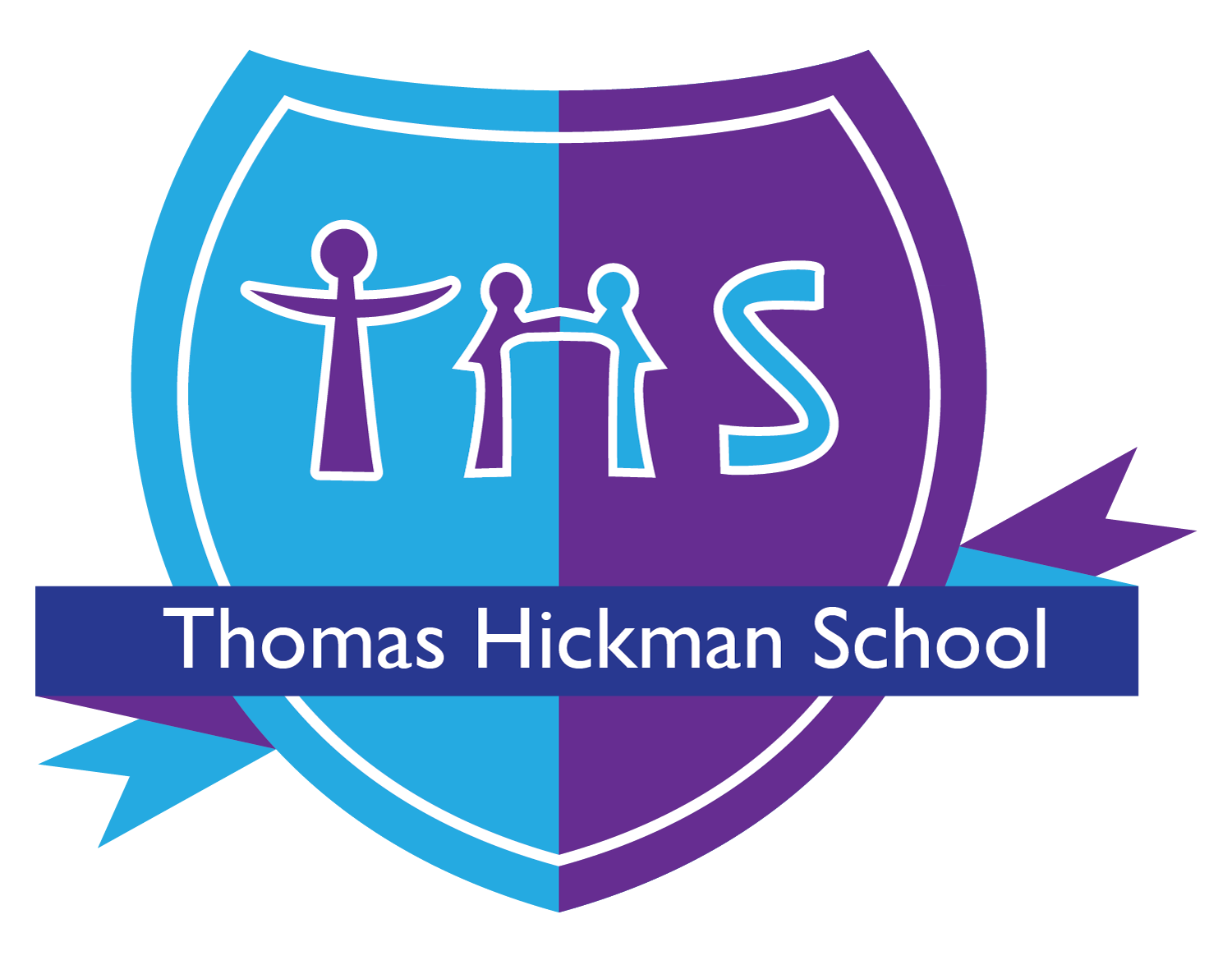Writing
Children are given frequent opportunities in school to write in different contexts, using quality texts as a model, and for a variety of purposes and audiences. Writing is taught through various strategies:
Throughout the school, children have opportunities to develop their confidence and practise their writing skills independently. All writing activities have a purpose and high-quality writing will be promoted through book making, publication or presentation to another audience. The time children are expected to sustain their writing for will increase as they progress through the school and will be appropriate to both their age and stage of writing.
Our aims for learning and teaching within writing are to enable our children to:
• Explore a variety of writing activities;
• Use writing as a means to communicate ideas and information to a reader;
• Write in a grammatically accurate way;
• Develop an increasingly wide vocabulary suited to the purpose and audience;
• Understand and use the conventions of written language;
• Use teacher modelling as a means to understand the writing process;
• Understand how writers can have an effect on the reader;
• Incorporate ideas and skills of other authors into their own writing;
• Collaborate with others during the writing process;
• Draft and redraft, making changes as appropriate;
• Use ICT as a tool for writing;
• Use spelling and punctuation accurately and with confidence.
The school environment celebrates quality writing through displays of work in both handwritten and typed form as well as signs and labels. All classrooms have purposeful working walls and are well-equipped with resources to aid writing on the help your-shelf which children can access independently.
Ways to support your child:
-
Research tells us that to be successful writers, children first have to be successful readers so please listening to your child read, reading to them, and discussing what you and they are reading are fabulous ways to support your child’s writing
-
Encourage them to speak clearly and in full sentences (often children write the way they speak)
-
Help them to develop their ideas through imaginary play, extending their thinking by asking, “What happened next?” or “How was the ……… feeling then?” or “What do you think he would say?”
-
Encourage your child to write letters, emails or even text messages to close friends and family
-
Encourage your child to write a shopping list before visiting the shops or a diary when you’ve had an adventure
-
Have paper, pencils, pens etc. available if your child ever feels like writing something
Spelling, Punctuation and Grammar
Spelling, Punctuation and Grammar is taught using the objectives outlined in the Revised National Curriculum (2014). It details the expectations for the teaching of grammar and the agreed terminology (from the NC glossary) which must be used by each year group. Spelling, grammar and punctuation skills are embedded within English lessons but will also be taught discretely when appropriate. Grammar objectives to be covered each term are outlined on the English Overview.
All children are encouraged to rely firstly on their phonics knowledge to spell words. Every class has a speed sound chart displayed so that children can easily identify the different ways of spelling each sound. Children are encouraged to have a go and see if a word ‘looks right’ before asking an adult for help. Once the children have been taught to use a dictionary, they will be encouraged to use this as part of the editing process to check the spelling of words.
Children will have spelling lessons each week when they will be introduced to a spelling rule or pattern. They will be given lots of opportunities to investigate and explore the spellings for thei year group and will be assessed weekly to check their understanding of the pettern or rule.
Grammar and punctuation will usually be taught through the text chosen for the English unit as it is important for children to understand how grammar and punctuation are used effectively for a particularly purpose rather than learning rules in isolation. Teachers will give children opportunities to practise these skills and then further opportunity to aplly them in their writing. Children will be expected to discuss grammar and punctuation used by expert authors using technical terminology to describe the efficacy.
Ways to support your child:
-
While reading, discuss the punctuation used by the author and what it’s purpose is (how would it be different if it wasn’t there?)
-
Speak to your child about their weekly spelling pattern or rule – can they explain it to you?
-
Encourage your child to practise their weekly spellings ready for their assessment – help them to recognise how each word fits the pattern or rule
